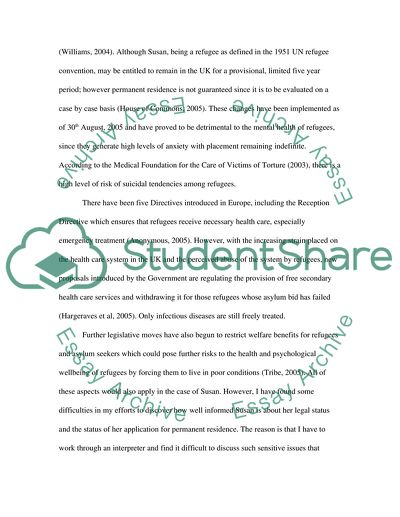Cite this document
(“The case of Susan Essay Example | Topics and Well Written Essays - 1500 words”, n.d.)
The case of Susan Essay Example | Topics and Well Written Essays - 1500 words. Retrieved from https://studentshare.org/health-sciences-medicine/1539391-the-case-of-susan
The case of Susan Essay Example | Topics and Well Written Essays - 1500 words. Retrieved from https://studentshare.org/health-sciences-medicine/1539391-the-case-of-susan
(The Case of Susan Essay Example | Topics and Well Written Essays - 1500 Words)
The Case of Susan Essay Example | Topics and Well Written Essays - 1500 Words. https://studentshare.org/health-sciences-medicine/1539391-the-case-of-susan.
The Case of Susan Essay Example | Topics and Well Written Essays - 1500 Words. https://studentshare.org/health-sciences-medicine/1539391-the-case-of-susan.
“The Case of Susan Essay Example | Topics and Well Written Essays - 1500 Words”, n.d. https://studentshare.org/health-sciences-medicine/1539391-the-case-of-susan.


